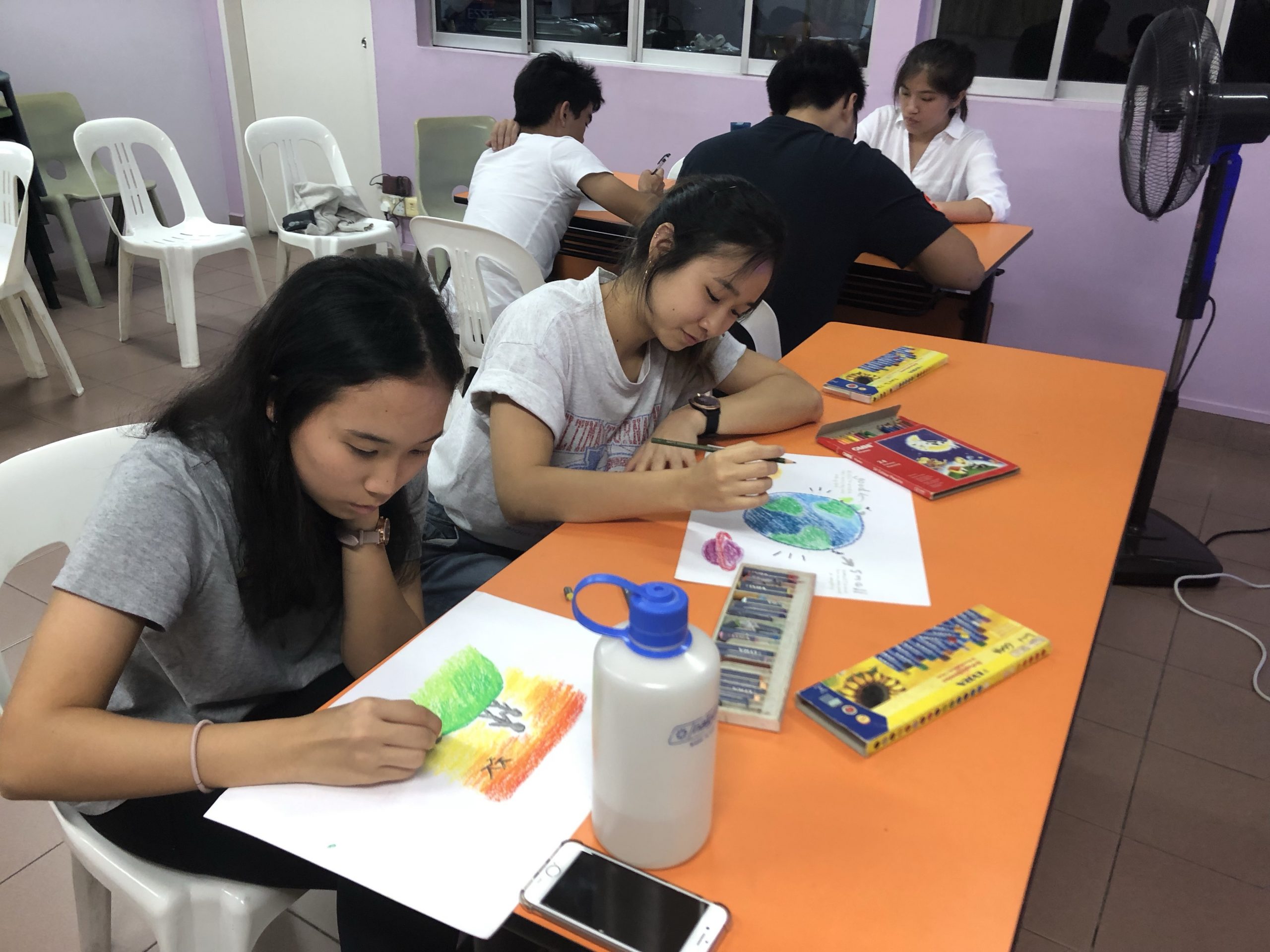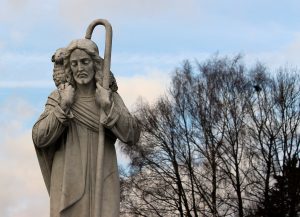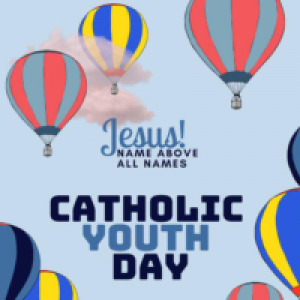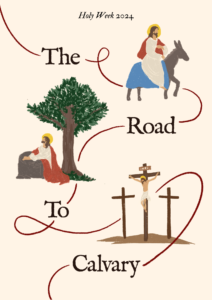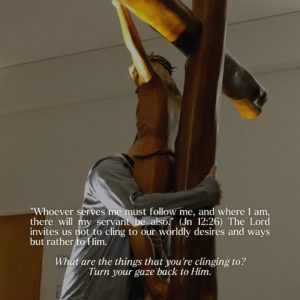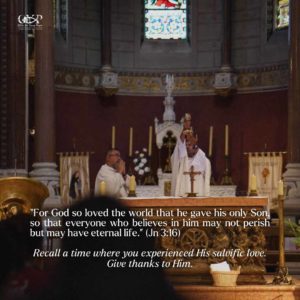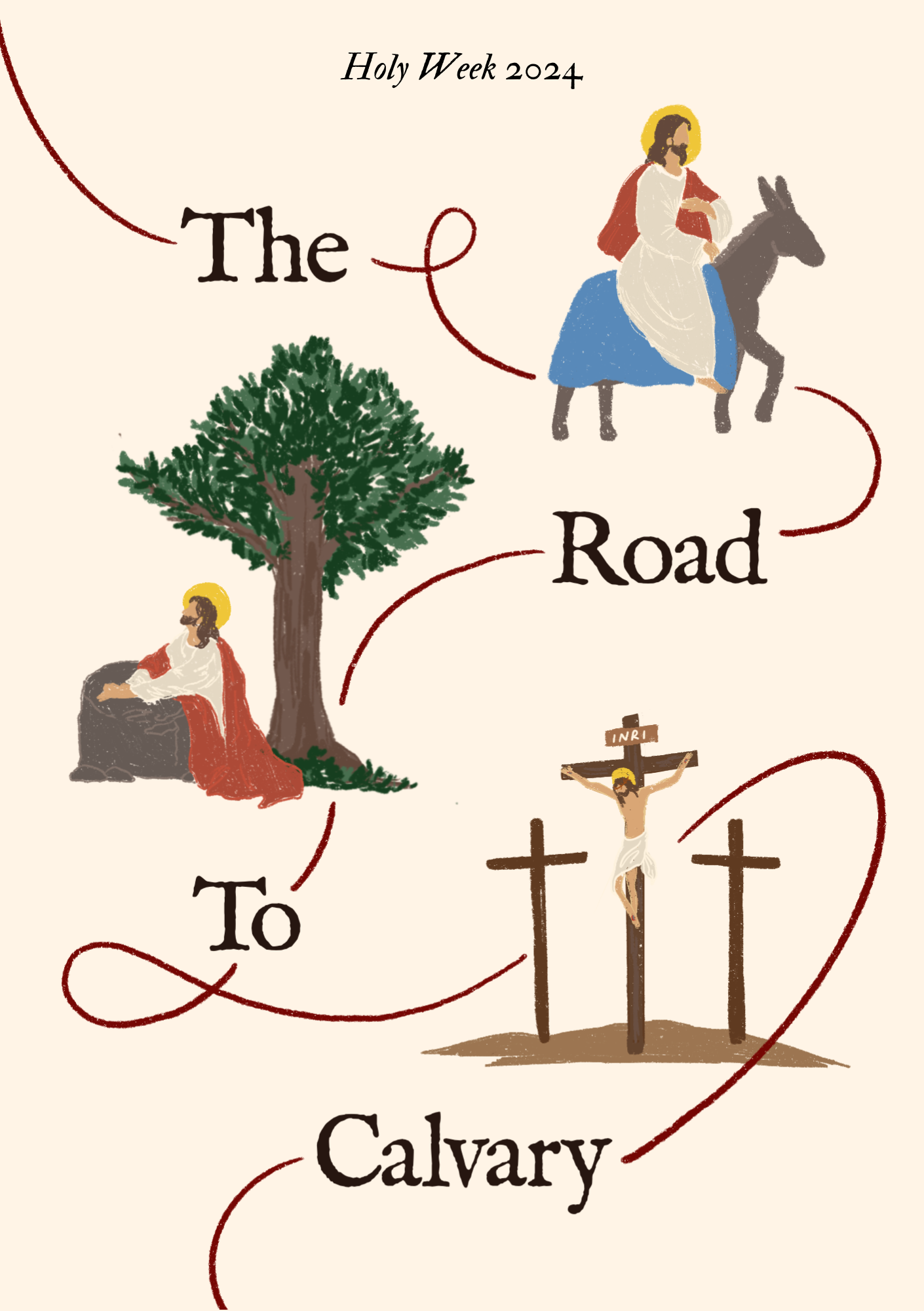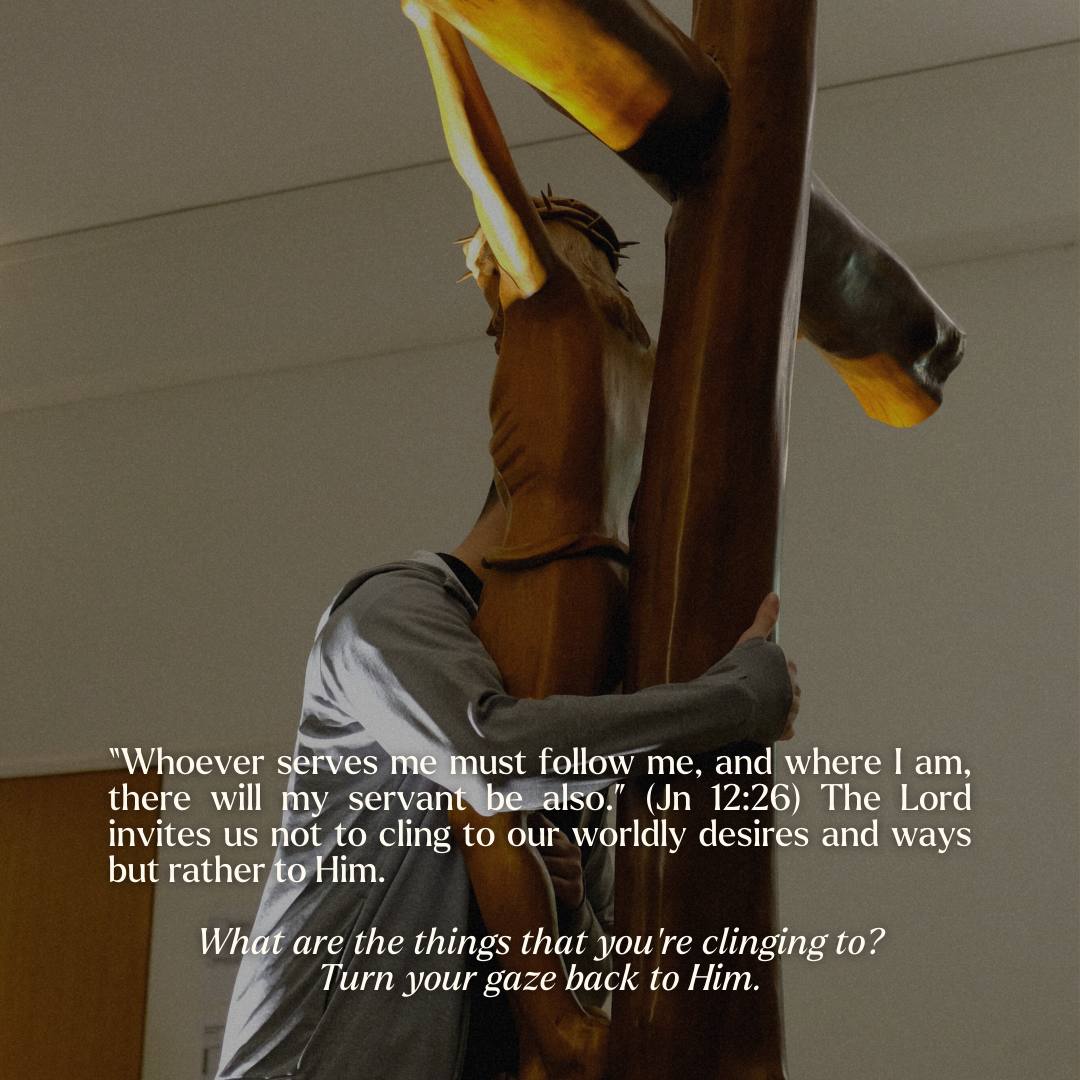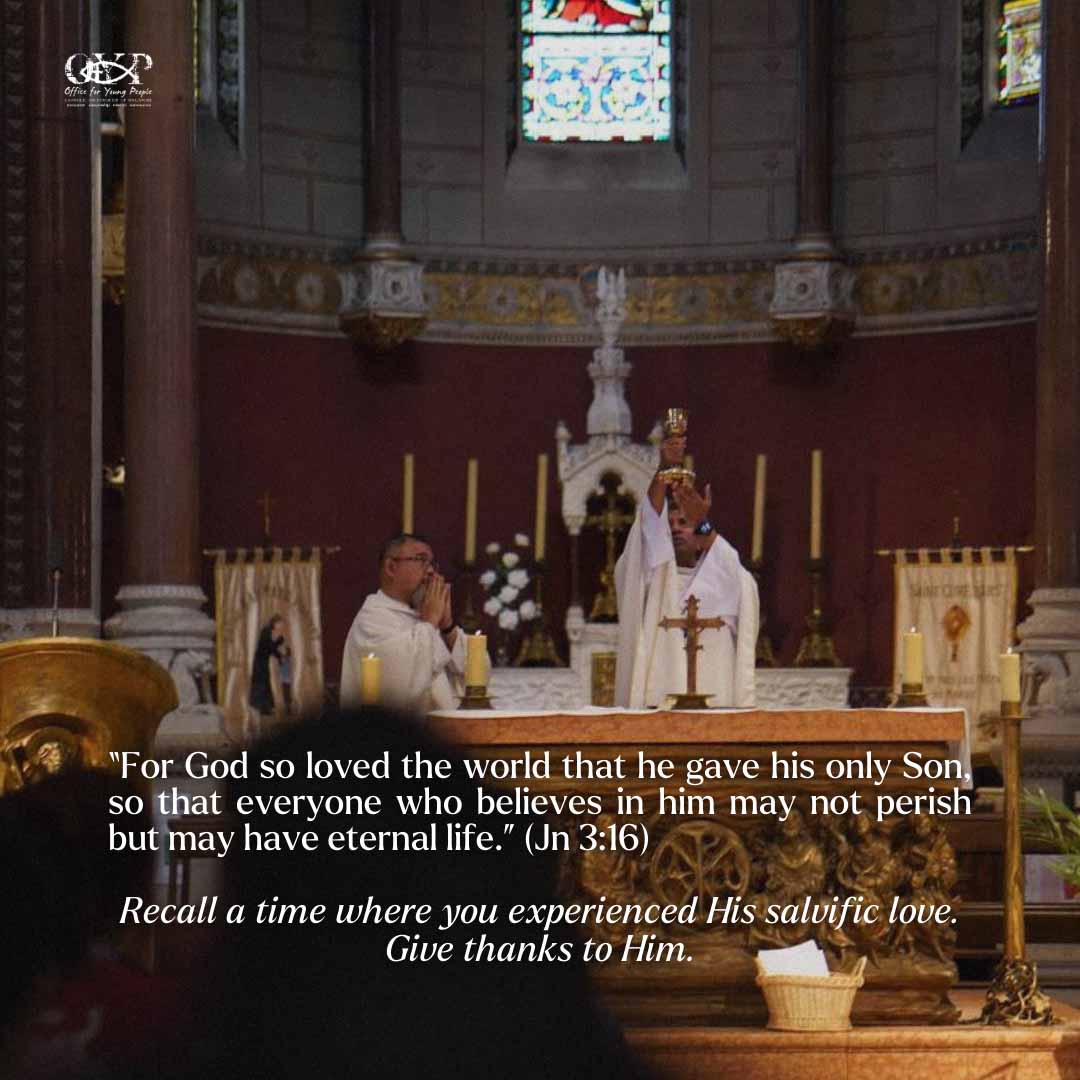by Melissa Foo and Regina Vanda
“Why bother with stewardship? At the current rate that human beings are consuming and producing waste, the earth won’t survive. Aren’t we all going to die eventually? How can one person’s actions make a difference?” These are examples of questions sceptics have asked, as if we’ve lost hope and instead choose to walk a path of indifference when it comes to caring for the environment. Some have lost hope because they feel that a single person’s actions cannot make a difference and have succumbed to a reality where the death of nature is inevitable.
It is true that the environment is undergoing severe degradation, but our call to faith and trust in God’s providence remains constant. As Pope Francis writes in his second encyclical on Care for our Common Home, “The Creator does not abandon us; he never forsakes his loving plan or repents of having Creation.” Before we can even understand how to be environmental stewards, we need to ask what makes the environment so important and to whom do we owe our care for the environment.
God Reveals Himself to Man Through Creation
Having genuine care for the environment is important as it reflects who God the Father is. In Wisdom 13:5, it says “Through the greatness and beauty of creatures, one comes to know by analogy our maker”. Nature and the environment are ways that God chooses to reveal Himself as Creator to man. St Francis of Assisi (the patron saint for ecology) teaches us this too, that we can admire Creation and recognize the hand of God. When St Francis prayed with nature and sang praises of God to creation, he did so not because he idolized the environment but because he viewed Creation to be of a sacramental nature. Creation points to God and gives us a foretaste of His beauty.
What becomes even more imperative about the mystery of Creation is that God willed for Creation. CCC 290 reveals to us that “the eternal God gave a beginning to all that exists outside of himself”, so much so that part of God’s plan was for Creation to share in His goodness. How generous and intentional is our God! How are we then to participate in this shared life of His goodness if we do not care properly for His Creation?
Unlike other creatures, man is created with intellect and reason, making us capable and all the more responsible for care for the environment. When God created man, He brought man to the Garden of Eden to “till and keep it” (Gen 2:15). This is God’s first act of entrusting His Creation to man. Environmental stewardship has to go beyond just a moral choice to something we acknowledging as our responsibility. Instead of perceiving caring for the environment as a burden, we are called to live in gratitude once we recognize it as a gift from God. The earth and its resources are not merely for one generation to live in, nor is it to be conquered or subjugated – it is to be shared and sustained from generation to generation.
The Importance of Stewardship
Stewardship is thus a way of responding out of love through recognizing what was not ours to begin with. We see this perfect form of stewardship through Jesus Christ. As God the Father entrusts this mission of stewardship to us, Jesus Christ shows us what stewardship means in His self-emptying love. He is known as the Good Shepherd who lays down His life for His sheep, who would leave the 99 to find the one who is lost (Matthew 18: 12-14). When He multiplied the 5 loaves and 2 fish, He called the disciples to collect all that was left so that “nothing is wasted” (John 6:12). Out of love and gratitude, Jesus looked beyond Himself at all times, gave thanks to the Father and takes care of all that has been entrusted to Him.
This act of stewardship is seen throughout the New Testament. When Jesus spoke of the parable of talents, He was inviting his disciples to be “faithful in small things” (Luke 16:10). The master gave talents to his servants because he trusted that they would be able to make good use out of them on behalf of himself. Similarly, God blesses us with gifts because He trusts us enough to use them in ways that glorify Him. As we reflect on how we use resources on the earth, Jesus teaches us to not be consumed by greed and power and remember the source of Creation. At the heart of stewardship is man’s call to love God first in thanksgiving for His Providence.
Most remarkably, Jesus shows us the importance of heeding this Divine call through the wounds He suffered and His death on the Cross. When we are indifferent towards Creation, we treat it as we please, we are saying no to the Father and wounding the Son.
In John 1:1-3, God reveals to us that “In the beginning was the Word, and the Word was with God, and the Word was God. Through Him all things were made; without Him nothing was made that has been made.”
We come to know that this Word is Jesus. If through Him all things were made, then as God incarnate in the flesh, the wounds we inflict on Creation are wounds on the Body of Christ too. When Christ suffered for our sin – He suffered also for our ecological sin, our failure to be stewards of Creation in disobedience to the Father. The grief we may experience at the loss of brothers and sisters in environmental devastation is the same grief borne by the Heart of our Saviour.
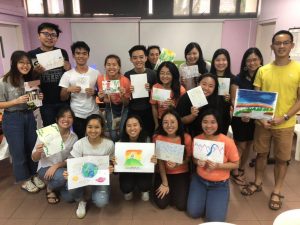
Our Call to An Ecological Conversion
Having inflicted these wounds on our community and on the Body of Christ, we are literally destroying our physical and spiritual lives. That is why Pope Francis calls for a turning back to Jesus, an inner healing radiating out to renew the face of the earth – “an ecological conversion”. As with all conversion, God inspires, and we choose to move. We can come up with all sorts of technological or policy solutions to environmental issues – all of them meaningful but all will fall short on their own. To experience and live this ecological conversion, we need the Holy Spirit – the spirit of Jesus himself who is the perfect steward. We need His wisdom to help us see our own shortcomings and examine our conscience. Often, the root of our environmentally destructive behaviour are the same sins that we struggle with in other areas: perhaps it is envy which leads us to want to enrich ourselves with unnecessary things, perhaps gluttony stops us from living simply and moderately, or sloth which makes us complacent. We need the Holy Spirit to reveal these struggles to us because it is very personal and unique for each of us.
Coming to know our struggles and the effects of our shortcomings can be overwhelming though. Often times the conversation will reach this question in one form or other, “But aren’t we already doomed?”. But the hope of Christ is that He does not reveal our sin by His death and end the story there. He promises us that in Him there is resurrection, that He has the final say and His final say is Eternal Life in the Heavenly City. Does this mean we can leave the earth in ruins? By now it should be clear that the answer is no. We must love Creation as we are called to. The more we open our hearts to the reality of our environmental crisis, the more it will become clear that God alone can save us and sustain our lives. But in His love, He allows us to partake in the miracle of sustaining life which is why we must keep moving despite our limitations. We can get there by trusting in His ways and His graces, by saying yes to acts of love both small and big.
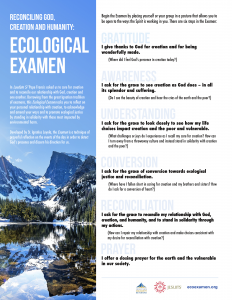
Discerning the Way Forward
When we train ourselves in the art of stewardship out of our love for God, we will soon realize that all parts of our lives are connected and there are plenty of things we can do to improve. We can choose to eat less meat as a sign of sacrifice, living simply and being an example to draw others to Christ who sacrificed Himself for us. We can reduce our use of disposable plastics and packaging as a way of becoming more mindful of the gift of natural resources and rejecting the throwaway culture. We can volunteer some of our time towards restoring ecosystems through reforestation and clean-up activities, so as to be God’s merciful and life-giving hands in the world. No matter the specific action, God’s love will ground us in joy and hope for the journey.
What is even more amazing is that in Christ we know we are not alone. We trust that even as He draws us to Him and calls us to be better stewards, He does that for his whole Church so that this ecological conversion is ultimately meant to be a shared work. To reiterate the
importance of community, Pope Francis says: “Self-improvement on the part of individuals will not by itself remedy the extremely complex situation facing our world today. The ecological conversion needed to bring about lasting change is also a communal conversion.”
What is the conversion that the Lord is calling you to in your life now? What is the active “yes” He invites you to in caring for Creation? Let us pray for the grace to rise to this call of stewardship by choosing to live faithfully in our daily actions and to love courageously in acting as one Body of Christ. If you do not know where to begin, pray the Ecological Examen and ask for the Lord to show us how He desires us to move in our particular areas struggle! Consider joining the Laudato Si Intercessors on Telegram to pray intentionally for Creation and for an outpouring of hope in this wounded world.

(Melissa – left, Regina – right)
About us: Inspired by Pope Francis’ second encyclical, “Laudato Si”, Melissa is passionate about learning how to love God through loving His creation. She believes part of her mission is to help those around her understand the destruction that man is rendering to the environment and God’s creation!
Regina is an environmental studies major in Yale NUS. She’s been blessed with many encounters with God through creation and she believes that environmental stewardship is a call to holiness for everyone!

